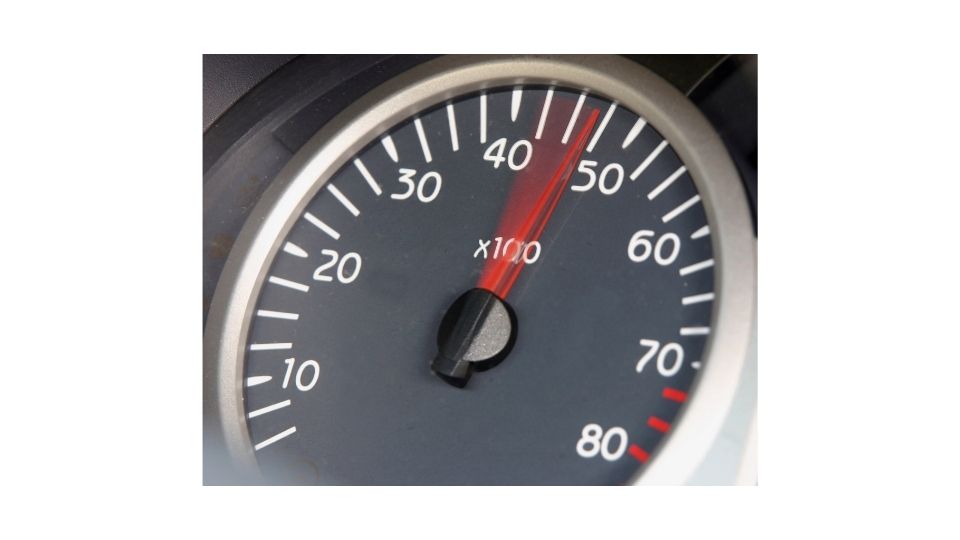If you own a car, you’d know that one of the biggest myths in regards to engine revving is whether or not it actually warms up your engine faster. Back in the day, engine revving was taught by mechanics as a trick to get your engine to warm up faster. So how does it actually work? Will it make your car’s engine warm up faster?
Does revving a car warm it up faster?
No. Revving your engine is bad for your engine. Just like how you shouldn’t give it full throttle when you first start it up, revving your engine can damage internal components of your engine such as pistons, valves, and bearings.
It’s a common misconception that revving the engine will warm up a car faster. In fact, it’s really just the opposite, and you’ll end up using more gas in the process. So, rather than revving the engine, just turn it on and let the car warm up naturally. It will not only save gas but also prolong the life of your car.
Is it bad to rev your engine to warm it up?
No, you shouldn’t rev your engine to warm it up. Revving the engine won’t heat up the engine faster, but it will damage the engine over time.
- For proper engine warming, use the following tips:
- Drive gently until your vehicle has warmed up. Avoid heavy acceleration or braking during this period.
- Allow at least five minutes for your vehicle to warm up before driving at highway speeds.
- Your vehicle warms up most quickly when it’s driven at a moderate speed; avoid idling for long periods of time.
Is it good to rev your engine when it’s cold?
The short answer to this question is “no.” There are a number of reasons why revving the engine while it’s cold is not a good idea. When you start your car and it’s cold, the oil that lubricates the engine (and allows all of its moving parts to move smoothly and easily) hasn’t circulated yet.
If you rev your engine before it’s been properly lubricated, there’s a chance that it could be damaged. Another reason not to rev your engine when it’s cold is that it can damage the catalytic converter.
The catalytic converter helps keep your engine running smoothly and efficiently, but if you run your engine too hard before it has warmed up, then you may cause damage to this vital part of your vehicle.
Finally, revving your engine when the weather is cold can lead to a buildup of water vapor in the exhaust system, which can then freeze and block the exhaust pipe. This could result in carbon monoxide accumulating inside your car. This can be deadly!
How can I make my engine heat up faster?
The best way to heat up an engine is to drive the vehicle. Driving the vehicle allows the engine to run at higher speeds, which increases the combustion temperature.
Another way to increase the temperature of an engine is to use a block heater, which is an electrical device connected to the block of the engine during cold weather. The device warms up the block so that it won’t be as cold when you start it.
How can I keep my engine warm overnight?
There are a few ways you can keep your car’s engine warm overnight. Park in a heated garage, use an engine heater, plug your radiator into an outlet, or place a blanket on the engine beneath the hood.
- Park in a heated garage
You can park your car in a heated garage and allow it to warm up naturally. A heated garage will prevent your windshield from frosting over and allow the car to reach room temperature before you drive it.
- Use an engine heater
You can also use an engine heater to keep your engine warm overnight. You put the heater into the coolant system and plug it into an electrical outlet. The heater heats up the coolant system throughout the night and keeps the engine warm until you take it out for a drive.
- Plug your radiator into an outlet
You can also plug your radiator into an electrical outlet at night to keep it warm while you sleep. If you don’t have a garage, this is one way to keep your car warm without having to start it every few hours. Just make sure that you unplug it before driving off in the morning!
- Place a blanket on the engine beneath the hood
You can also allow your car’s engine to heat up by placing a blanket on top of the engine beneath the hood. This is a great way to store your car outside during colder months and allow it to slowly heat up while you’re getting ready in the morning. While this method may take longer, it’s perfect for those who don’t have a garage or who don’t want to leave their vehicle running unattended.
Conclusion
I hope you now understand why revving your car engine is bad for your engine, and you’ll be able to avoid making this common mistake. With a little bit of luck, the tips here will help save your car—or at least give her a chance to live longer.

Robert Anderson is a world class motorhead who rebuilt his first carb at age 10, his first engine at age 15, and completed his first full hotrod build when he was just 18! Previously, he has ran a part warehouse, delivered pizzas, and managed the service department for a $20 million/year revenue dealership. Robert knows cars like few others and he is passionate about sharing his knowledge.

